


|
SERVICES | PAYMENT | COURSES | BOOKS | CONTACT | SEARCH |

|

|
| Christopher Warnock, Esq. |
| HOME |
|
|
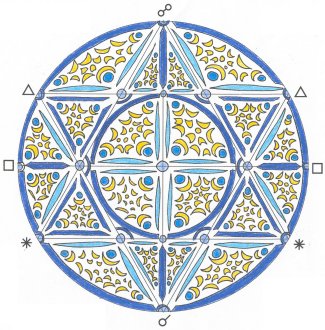
|

|
| Ramesey on Aspects |

|
| Lilly Biography |

|
 |
| Web Site Search |
|
|
|
|
|
William Lilly,
Christian Astrology |
|
|
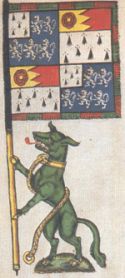
|
|
Saturn |
10'0" |
according to others |
9'0" |
|
Jupiter |
12'0" |
as some have wrote |
9'0" |
|
Mars |
7'30" |
all consent |
7'0" |
|
Sun |
17'0" |
most say |
15'0" |
|
Venus |
8'0" |
many write but |
7'0" |
|
Mercury |
7'0" |
all consent onely |
7'0" |
|
Moon |
12'30" |
generally but |
12'0" |
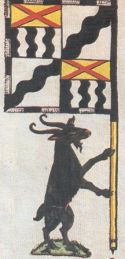
|
|
|
|
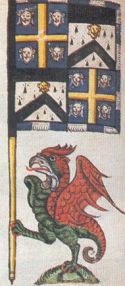
|
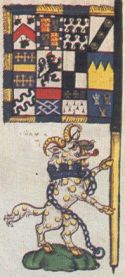
|
|
|
|
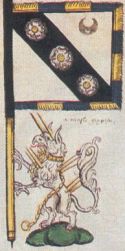
|
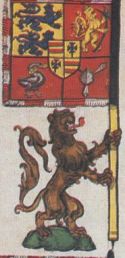
|
|
|
|
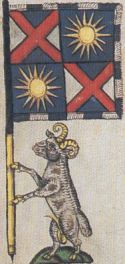
|
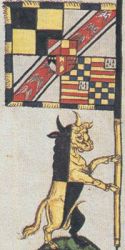
|
|
|
|
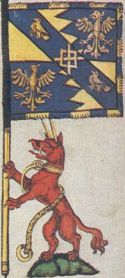
|
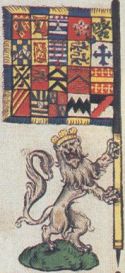
|
|
